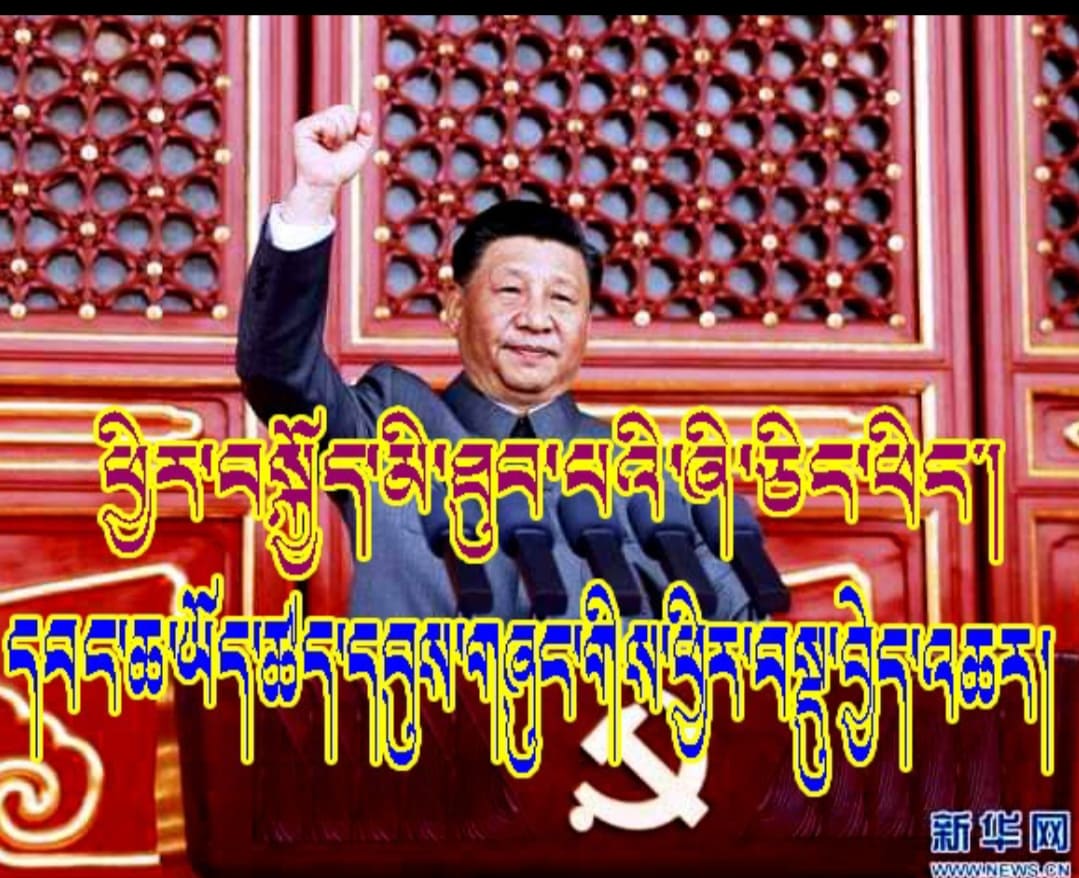Xi Jinping has not traveled outside China in almost two years. It is reported that he has not attended the G20 summit in Rome, Italy. He has also missed one of the most crucial meetings about climate change, the COP 26 at Glasgow, UK. This is unusual for the usual agendist China and specifically Xi. These developments have raised different opinions among analysts.
The 20th National Congress of the CCP is scheduled towards the end of next year. Xi Jinping will continue to hold his power. He will further cement his power and legacy within the party with the implementation of “Xi Jinping Thought on Socialism with Chinese Characteristics for a New Era” in the Communist party’s resolution. With this agenda, the party will convene the Sixth Plenary Session of the 19th Central Committee of the Chinese Communist Party (CCP) or “the Sixth Plenum” on 8 November. This meeting will be crucial for the success of the agenda for the resolution of the 20th National Congress of the CCP. Xi has therefore refrained from international travels with the growing power struggle and differences within the Communist party.
Some opinions have pointed towards the volatile situation in China that has caused restricted travels for Xi. More importantly, one of the crucial administrative powers that were given to the district and provincial levels during Jang Zemin and Hu Jintao will be rolled back to the central government. These are the multiple setbacks that have restricted Xi’s travels according to multiple analyses.
The official news agencies of the Chinese government have recently published editorials about this power transfer from the district and provincial levels to the central government. The authors of these editorials are officially associated with the important sections of the Chinese government. One of the editorials authored by a Han dynasty policy expert has said that there should be a complete halt to the increased power held by the provincial leaders. He has further said that if the central government does not hold the power to mediate financial administration, it will affect the income of the people, and the divide between rich and poor will further increase. He has summed up these effects on social stability.
A researcher from the Central Financial and Economic Affairs Commission has written an editorial, which elaborates contradictory actions taken by the provincial leaders of the southeastern provinces of China in the 90s; these provinces have gone against the government’s investment plans, they went on to invest in factories which has records of high emissions, thus going against the government’s policy of reducing emissions. He reiterated the need for the financial administration to the central government following these instances of provincial failures.
An expert on the Han dynasty’s policy and philosophy has made comments that the central government should be at the top of the hierarchy of financial and political power, and the regional landowners should be regulated by the central government. He has stated that the stability, power, and unity of the government are accountable for the stability and unity of the country. The central government should have strict control over its jurisdiction provinces. He has quoted an example of how the body controls the hand and the hand, in turn, controls the fingers. The article has went on to mention that ministers and military heads of the provincial and town who were given their own power and jurisdiction started having changed attitude towards the government. These leaders over time started having more loyalty towards the provincial head rather than the king of the empire and ultimately contributed to the disintegration of the Tang dynasty. Therefore, if there is no control and jurisdiction of the central government, the rich get richer, and the poor become poorer. Under these circumstances, the power and influence of the provincial leaders and landowners grow bigger and divide into counter groups. These instances in history have overtime proved to be the cause for the revolution and overthrow of the empire.
This analysis published is recognized as Xi Jingping’s recent push for “common prosperity”. Deng Xiaoping has advocated for some areas to become wealthy earlier than other regions in the early 80s. Many southeastern coastal provinces and towns were designated as “special economic zones” and were regulated under this special policy and strategy. Speculations are rising about how Xi’s current policy for “common prosperity” may be a move to contradict Deng Xiaoping’s policies. Some analysts have pointed towards the divide and rifts within the Chinese Communist Party may have caused Xi not to travel for almost two years.
Translated from Tibetan.




